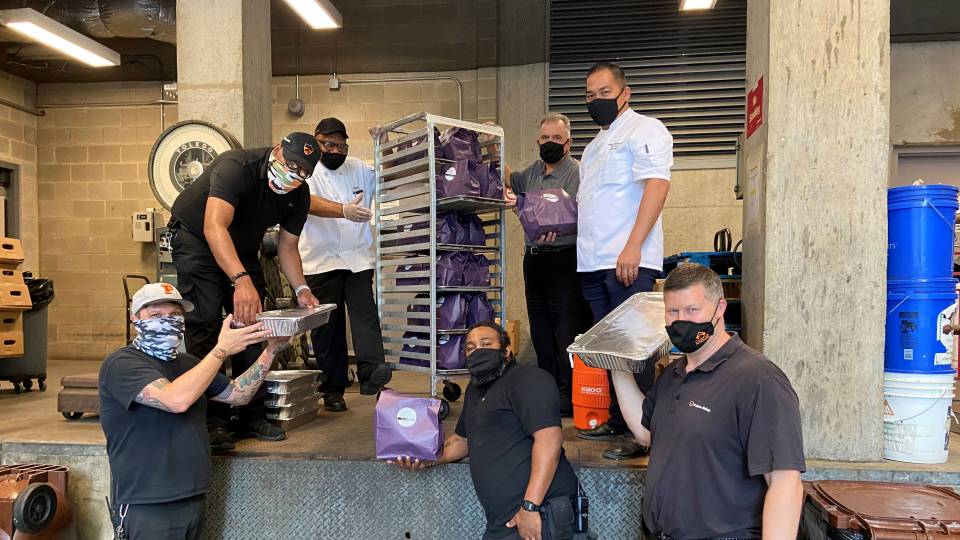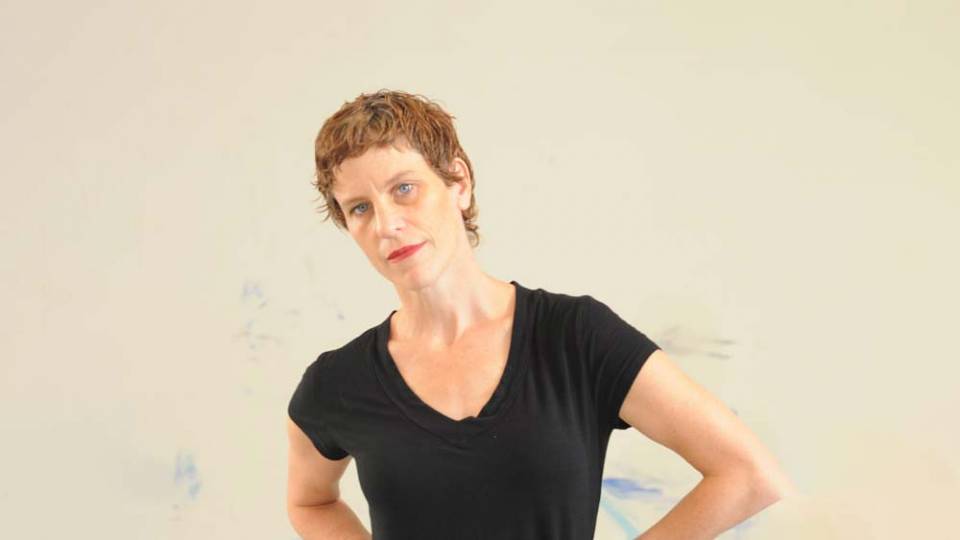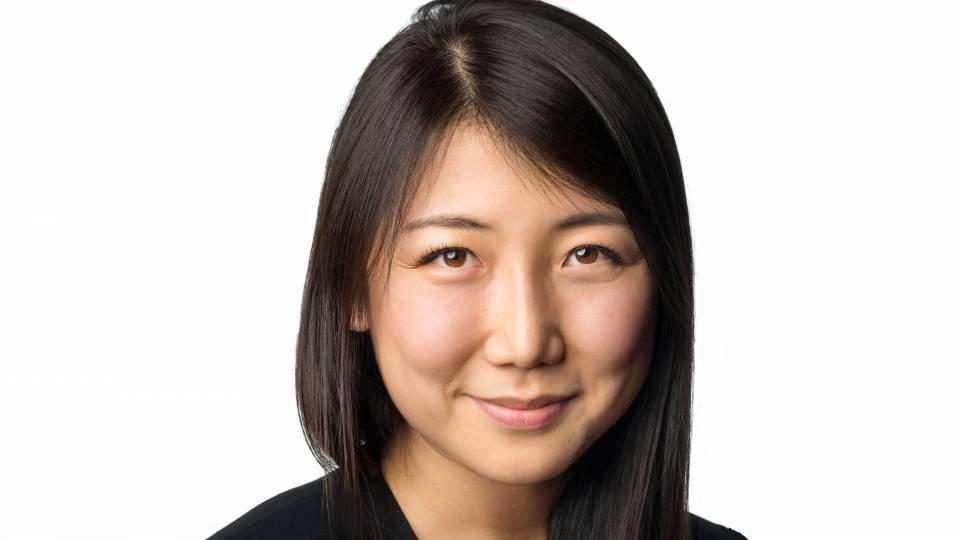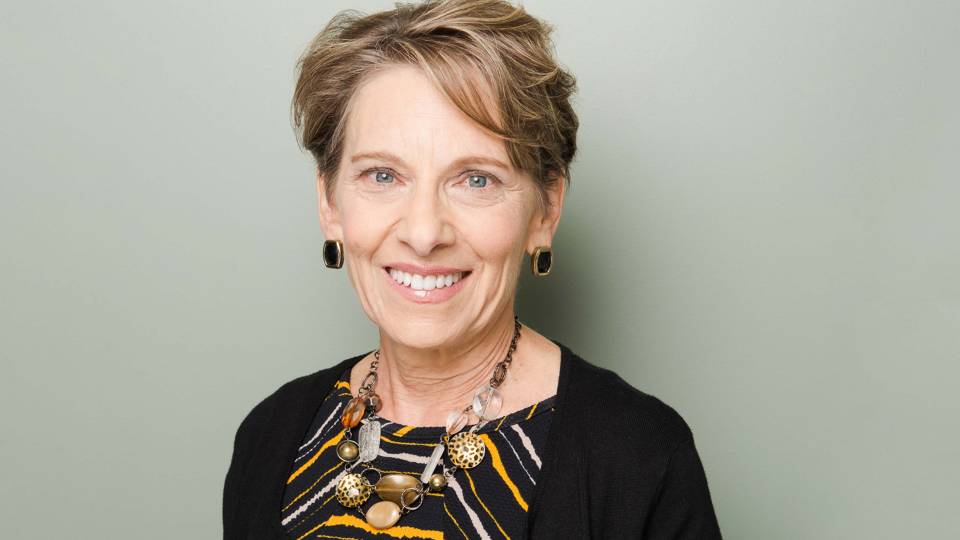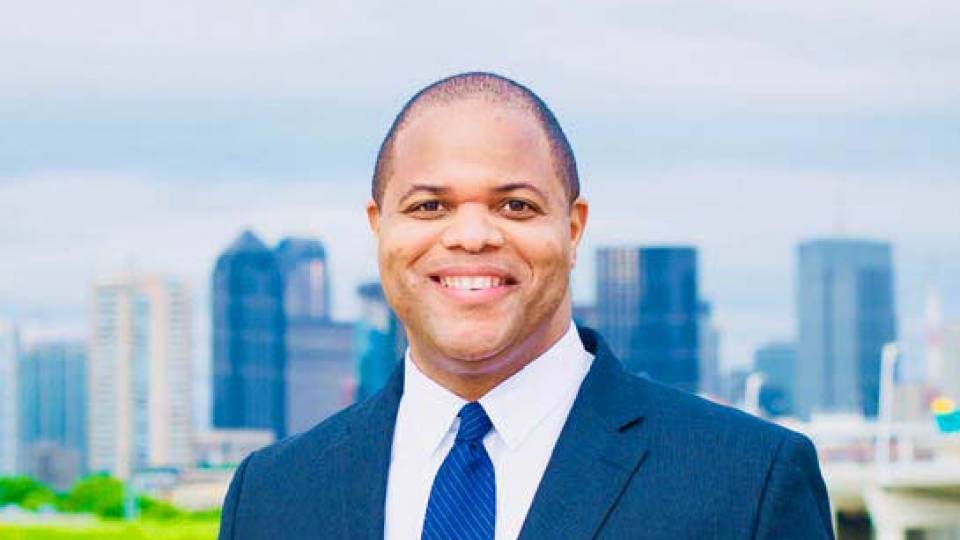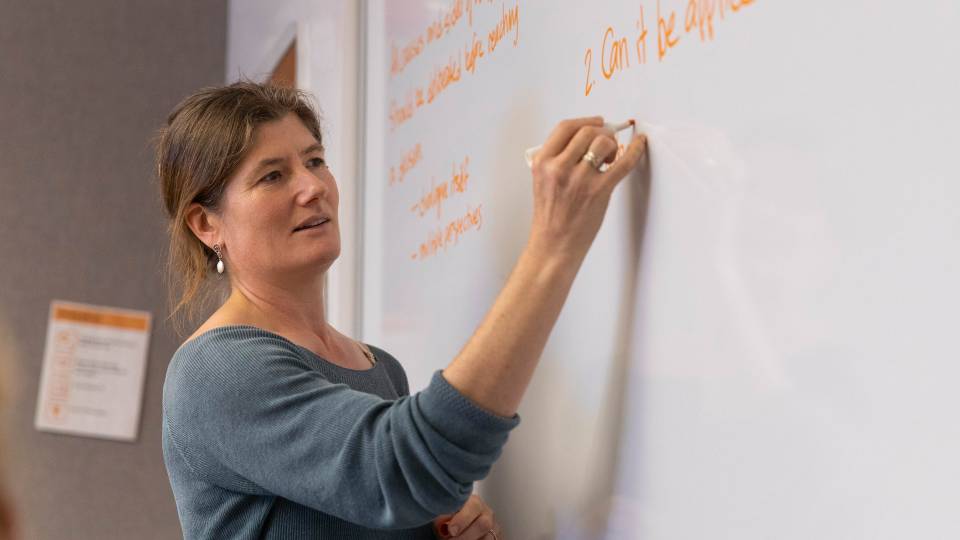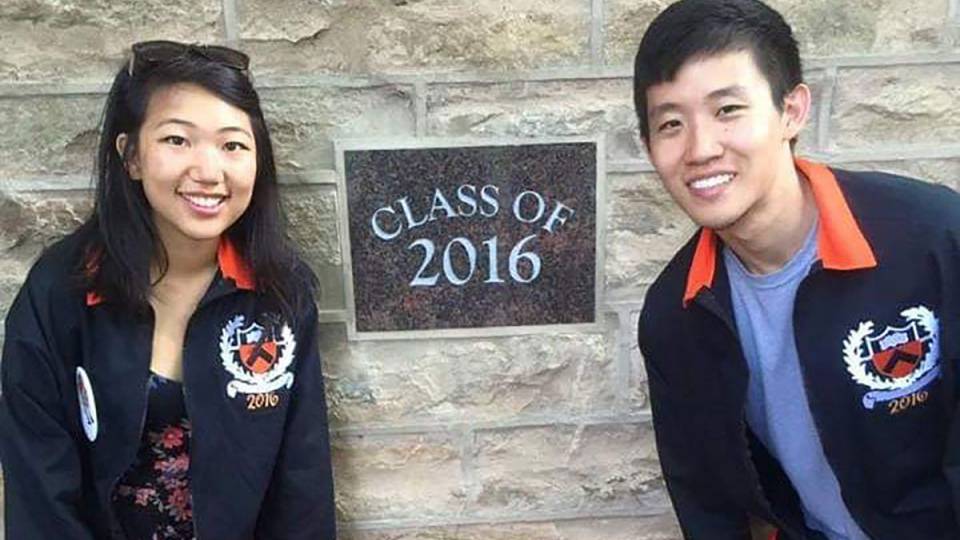Marina Di Bartolo, M.D., works as a primary care practitioner in Camden, New Jersey, where she treats patients in the crosshairs of the coronavirus. On the latest episode of the “We Roar” podcast, she shares her journey from Venezuela to Princeton University to last week’s ruling that protected the Deferred Action for Childhood Arrivals (DACA) program — at least for now.

Marina Di Bartolo
“I am not alone as a DACA physician,” says Di Bartolo, a Class of 2010 alumna who came to the United States as a child. “There are over 27,000 DACA recipients who are health care workers providing essential services, including physicians, nurses, physician assistants, and others.”
She adds: “COVID is affecting populations of color, populations who are immigrants, populations from the inner city, [those] who are underserved and socioeconomically disadvantaged, more than others. And DACA recipients have been known to disproportionately serve those communities, so we are on the front lines, and on the front lines of the front lines.”
Di Bartolo shared her story with “We Roar” on June 18, the day that the Supreme Court struck down the Trump administration’s efforts to end DACA protections.
“There’s a lot of celebration, a lot of champagne emojis,” she says. “I think everyone’s very excited, but also ready for the next step.” She notes if the Court had ruled differently, the loss of DACA protections could have had the “unimaginable” consequence of pulling those 27,000 health care workers away from their patients during the unprecedented stresses of the pandemic.
Di Bartolo grew up in Brooklyn, not knowing that she was undocumented until she was old enough to apply for a driver’s license, at which point her parents told her why she couldn’t get one. “I stopped worrying about the driver’s license and instead started worrying about, ‘How am I going to apply for, get into and pay for college?’” she recalls.
Princeton grants covered her undergraduate education, but Di Bartolo had always known she wanted to be a doctor, and doctors need Social Security numbers. “For me, DACA meant that I could train as a medical doctor, that I could live without fear of deportation,” she says. “It meant a freedom and a lightening of my mental load.”
But the Court’s narrow ruling leaves the door open for renewed efforts by the Trump administration to end DACA. Di Bartolo calls for a permanent path to citizenship for the 800,000 DACA recipients and a path to legalization for other undocumented immigrants.
“Don’t forget about us now that the Supreme Court has ruled,” she says.
“We Roar” episodes are available on YouTube, Apple Podcasts, Google Podcasts, Spotify and other podcast platforms.
